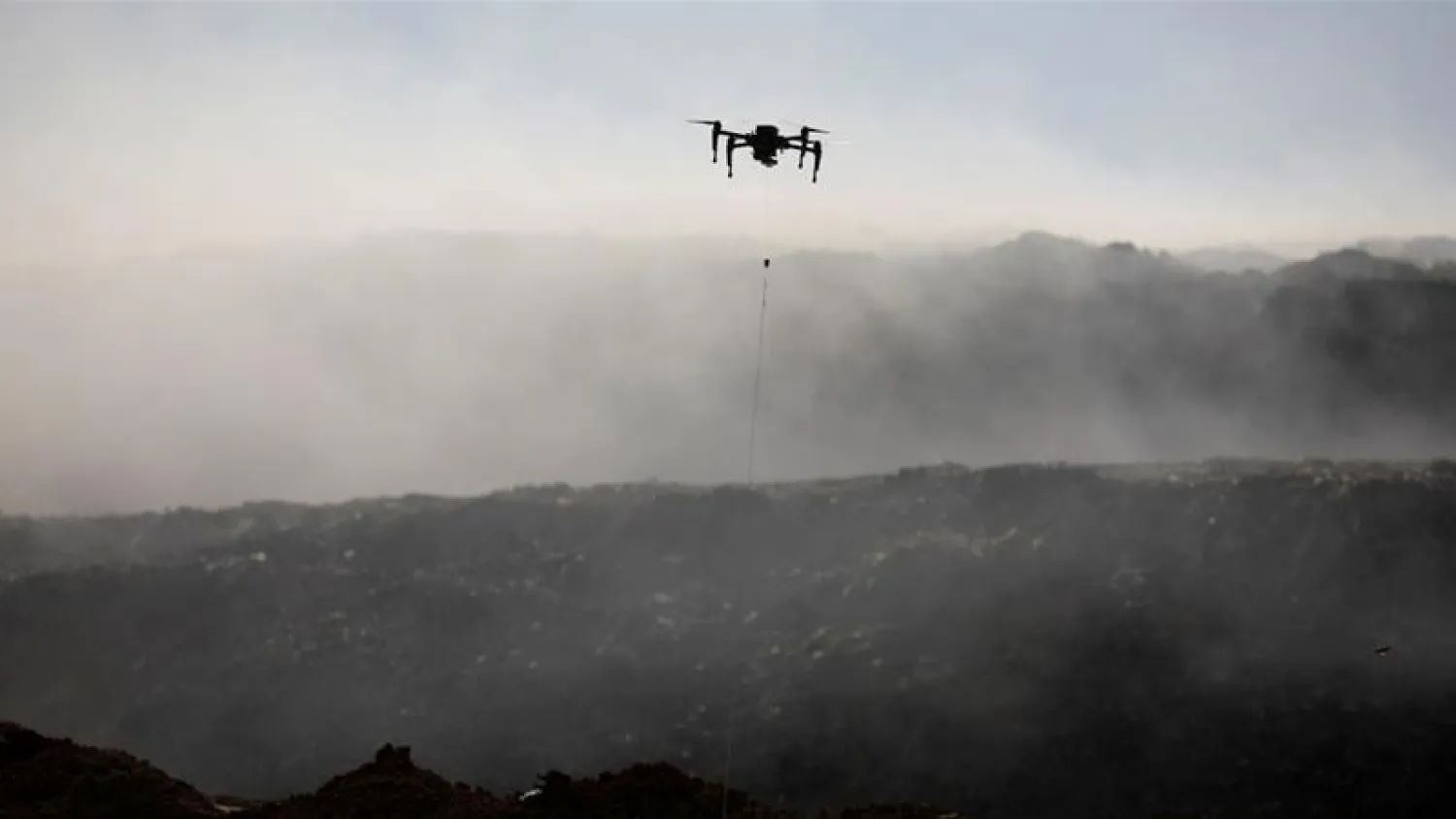Iraqi Prime Minister Adel Abdul Mahdi said his country will respond to any aggression, in light of the recent attacks on weapons and equipment warehouses in a number of provinces.
Abdul Mahdi asserted during a cabinet meeting the high readiness of the armed forces to defend Iraq, its citizens, state institutions, stressing Iraq “will reply back any attacks by all means, whether from inside or outside Iraq.”
The government stressed that the sensitive situation in Iraq requires unity of the political and media national ranks.
Ministers agreed to pursue dialogue and try to ensure Iraq does not become an arena for other nations' battles.
The cabinet said Iraq had the right to take all the legal and diplomatic procedures through regional associations and the UN Security Council to defend its sovereignty and security.
Meanwhile, the US expressed its concerns about the growing strength of Iran's arms in the region.
US Vice President Mike Pence spoke by phone with Iraqi Kurdistan Region President Nechirvan Barzani and discussed the security situation in northern Iraq, including the importance of enhancing efforts to bring stability to the disputed territories and allowing for the return of Iraqis displaced by conflict.
The two leaders noted the fifth anniversary earlier this month of ISIS’s horrific assault on the Yazidi community in Sinjar and pledged to cooperate to prevent any resurgence of ISIS activity, the White House said in a statement.
Pence highlighted the US’ concern about Iran-backed militias continuously undermining Iraq’s security and sovereignty. He said the US government will consider additional steps to degrade such groups’ influence.
In related news, Iraqi MP of the Fatah Coalition, Mithaq al-Hamdi, said Pence’s talks with Barzani were evidence of the US targeting of the Popular Mobilization Forces (PMF).
Hamdi issued a press statement saying the VP’s threat that Washington will consider additional steps to degrade groups’ influence is evidence that the US is behind the attacks on PMF’s headquarters.
The MP rejected Pence’s accusations of PMF being loyal to Iran because the Forces are an Iraqi security force that defended the country and liberated its territory from ISIS.
Head of the “Political Thinking Center”, Ihsan al-Shammari said Iraq is still dealing with the issue with a high degree of sensitivity, especially since determining the party or country behind these attacks requires time.
Shammari added that the process of dealing with this matter is going according to plans and stages through certain mechanisms adopted to complete the necessary investigations.
He explained that in the case it was proven that a state or a third party were involved, Iraq will move on several tracks with a political and diplomatic dimension at the level of the Security Council, the Arab League, the Organization of the Islamic Cooperation (OIC) and even the EU.
Shammari noted that Washington is aware there are armed factions aiming to weaken Iraq, noting that Baghdad is calmly dealing with the crisis so that the state prevails.









